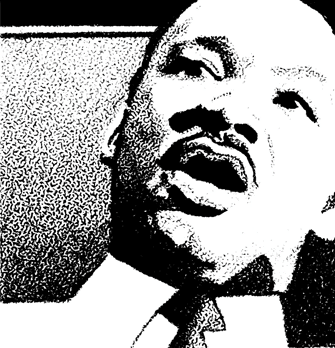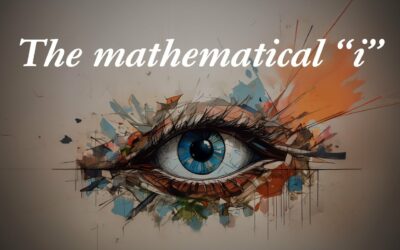Over the past few years my scholarly focus has shifted into areas related to teacher creativity and transdisciplinary learning. I see this as being the next step in my research work. Though I have been thinking quite a bit about this, have applied to to my teaching (particularly my course on Creativity in Teaching and Learning), and there have been occasional blog posts about this as well, it has not had much of an impact on my academic writing. A large part of it has to do with the fact that academic writing (writing for journals and edited books) has, by necessity, a longer time-frame than teaching or blogging. Writing and submitting, taking care of changes suggested by editors and reviewers, and then waiting for the actual publication to emerge, all take time.
To cut a long story short, the first article about this new line of work has finally been published. It is a special issue of the journal Educational Technology devoted to Emerging Technologies and Transformative Learning. This special issue was edited by George Veletsianos and Brendan Calandra (thanks for giving us the opportunity) and was co-authored with Matt Koehler (no surprise there) and Danah Henriksen.
Educational Technology had quite stringent word-limits and length requirements, so the final published article is much shorter than what we had originally submitted. And since I had already felt that the original article was shorter than it needed to be… the final version seems more than a bit truncated. For this reason I am providing links below to both the published piece and a longer unpublished version. If I had to choose, I would read the longer version but that need not be your choice.
Mishra, P., Koehler, M.J., & Henriksen, D. (2011). The Seven Trans-Disciplinary Habits of Mind: Extending the TPACK Framework Towards 21 st Century learning. Educational Technology, 51(2) 22-28.
Abstract: In this article we examine the need for fostering transformative learning, emphasizing the roles that trans-disciplinary thinking and recent technologies can play in creating the transformative teaching and learning of the 21st century. We introduce the Technological, Pedagogical Content Knowledge (TPACK) framework as a starting point for discussing the special kinds of knowledge, skills, and understanding that teachers require in order to become effective classroom mediators of transformative learning experiences. Within this framework, we propose seven cognitive tools needed for success in the new millennium, and describe examples of how teachers can repurpose digital technologies to use these cognitive tools. We explore the implications for research and practice.
Here is a link to the longer (draft) version.
Mishra, P., Koehler, M.J., & Henriksen, D. (draft). The Seven Trans-Disciplinary Habits of Mind: Extending the TPACK Framework Towards 21 st Century learning (full version).



I was participating this morning in your lecture at Catholic University, Santiago, Chile.
I am in charge today of the Metallurgical career at Universidad Andres Bello in Santiago, after being working for a long time at the University of Concepción, Chile.
I am very interested in developing new standars to motivate our students in order to profit more of learning.
Thanks a lot for your lectura.
Regards
Mario Sánchez
Head of Metallurgical Eng.
Universidad Andres Bello
Sazie 2315, Santiago, Chile